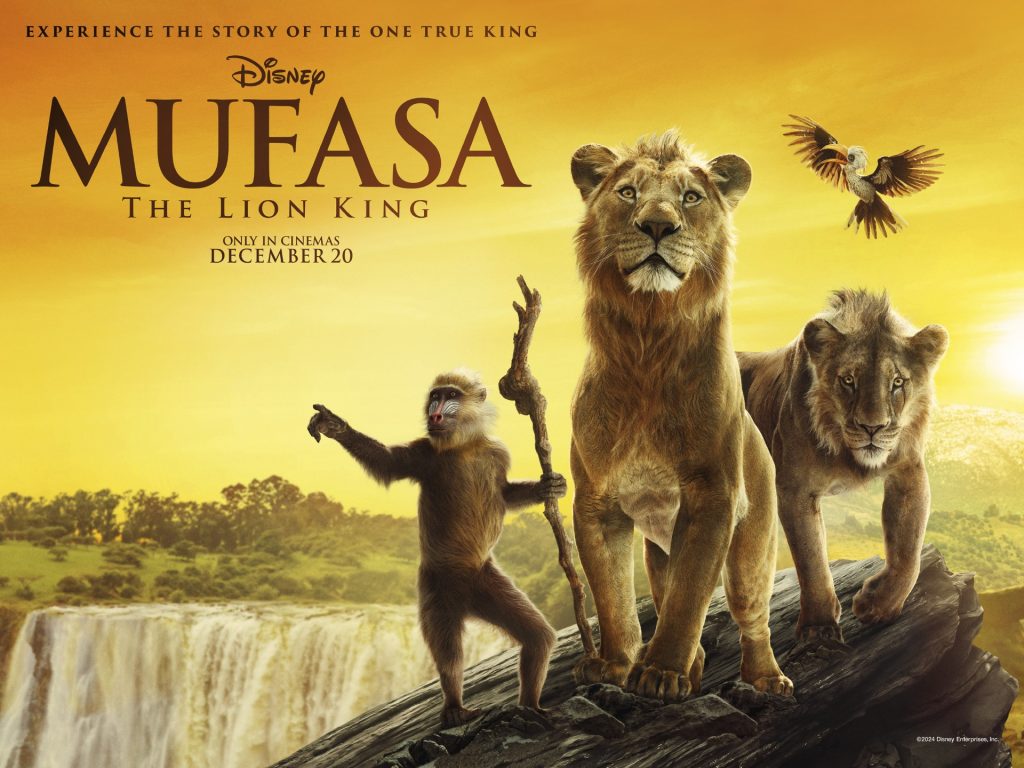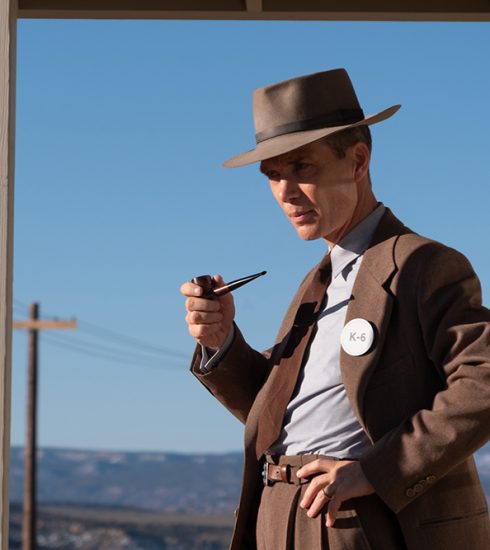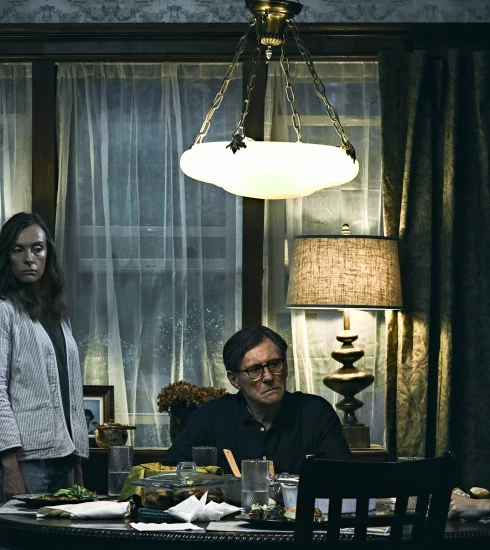Movie Review: Mufasa: The Lion King
The circle of life goes on and on and on in Mufasa: The Lion King, a needless furthering of The Lion King mythos, which treads the same waters as this story has already traversed.
This is a prequel and a sequel—the split is about 85/15—to 2019’s The Lion King, the live-action-like photorealistic remake of 1994’s The Lion King. (They couldn’t even bother to differentiate the names?) But it doesn’t turn over any new stones or cover any new ground in The Lion King world, and it’s not clear if there are any new stories to mine from this property. It’s the “Circle of Life” as a flat circle.
Mufasa recalls the tale of Mufasa and Taka, the lion cubs turned brothers turned enemies at the heart of The Lion King. Annoyingly, the tale is structured as a story within a story, recounted to young Kiara (Blue Ivy Carter) by Sage Mandrill Rafiki (John Kani), with frequent comic relief interruptions from Pumbaa (Seth Rogen) and Timon (Billy Eichner).
That means whenever there’s any momentum in the story, we’re pulled out of it and into the present so a quick joke or two, often with meta-corporate underpinnings, can be told.
Mufasa (voiced early on by Braelyn Rankins, and later by Rebel Ridge’s Aaron Pierre) is separated from his parents, Masego (Keith David) and Afia (Anika Noni Rose), after their land is flooded in a dramatic early scene. He’s rescued by Taka (Kelvin Harrison Jr.) and taken in, reluctantly, by Obasi (Lennie James), Taka’s father and the leader of another pride, who warns of Mufasa’s future deception in a bunch of triple underlined dialogue. “The only true bond is blood,” Obasi says, later telling his son, “One day he will betray you; this is what strays do!”
Mufasa is allowed to stay, and he’s raised by Eshe (Thandiwe Newton), and he eventually proves his trustworthiness to his new pride and his loyalty to Taka. But when a lioness, Sarabi (Tiffany Boone), comes between them — ain’t that always the way! — betrayal comes from Taka, who teams up with a gang of outsider lions (led by Mads Mikkelsen’s Kiros) to take down Mufasa from within.
Oscar winner Barry Jenkins, one of today’s most impactful directors, takes on screenwriter Jeff Nathanson’s story for what one can only hope is a tradeoff for a future pass to do whatever in the world he wants to do. He is a rich, stirring, soulful storyteller, but it’s difficult to translate his skillset to talking animals, some of whom, for reasons unexplained, have British accents. (Are the lions from England?)

Further, there are often simple, basic issues with identifying the story’s individual lions and telling them apart — wait, who is that? — which can make the story difficult to follow at times, and the flashes to the present, with Pumbaa and Timon cracking wise, create jarring shifts in tone. Meanwhile the voice acting, across the board, is unremarkable.
The bigger issue is the story is headed exactly where we think it is. Like The Grinch or Wicked, this is another example of revisiting a familiar story to explore a villain’s origin and further explain how they came to be who they came to be. Mufasa gets lead billing, but this is just as much the story of Taka, and how he received that familiar facial marking that would later give him his name. (No spoilers for those who aren’t fully caught up to where this is all headed.)
And because we know where this is headed, Mufasa feels largely perfunctory, with few surprises along the way. Disney treats this source material like it was handed down from on high, like this story has true gravitas and weight, and we’re all beholden to its every turn.
Mostly, it feels driven by profit, one more way to trot The Lion King back out there since it’s a reliable property in a world where reliable properties are squeezed and squeezed again, remade and reimagined so that quarterly earnings reports remain pleasing to shareholders and consumers never have to face the cold without the warm blanket of nostalgia keeping them cosy. This is the emptiness of Intellectual Property culture, where what was once old is now new again, and what was once a hit we’re doomed to forever repeat.
Mufasa — which opens with a tribute to the late, great James Earl Jones, who voiced Mufasa in the original movie and who died in 2024 — is also a musical, but the songs aren’t immediately sticky, although that’s likely to change when they’re heard on repeat once the movie heads to streaming. (Lin-Manuel Miranda, who has a pretty good track record with Disney, did the songs.)
While the animation is very crisp, technology has advanced to the point where realistic-looking talking animals are no longer magical. We expect it, and Mufasa doesn’t push any new boundaries in terms of animated storytelling. Just, stop with the remakes Hollywood!
It mostly feels like the same story through a slightly different lens, a repackaging of something that was just fine the first time around. Let’s hope Jenkins gets something really good out of this deal, and this circle of life once again produces something worth singing about.
4.5/10 I hate these remakes
Boluwatife Adesina is a media writer and the helmer of the Downtown Review page. He’s probably in a cinema near you.





